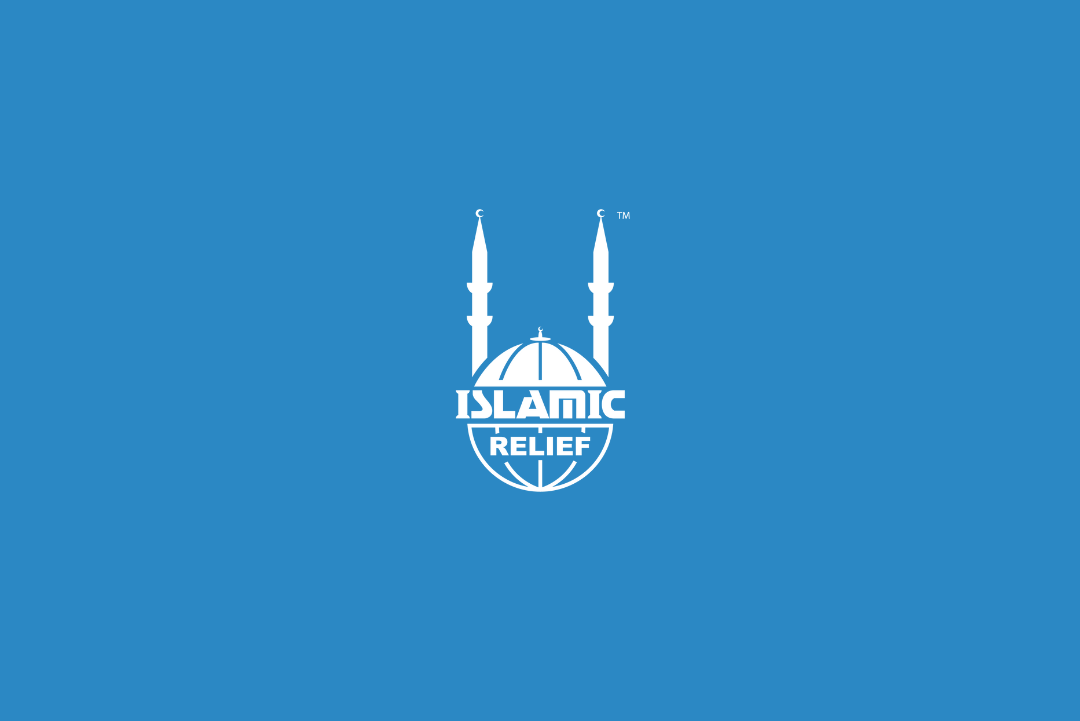
Syrians hoping to return to their homes face enormous struggles and need more international support to rebuild their country, Islamic Relief says.
At this historic moment of opportunity for Syria, many refugees and internally displaced people (IDPs) are considering returning home, and thousands of people are now arriving from neighbouring countries every day – but after almost 14 years of violent crisis many have little or nothing to return to.
- Critical infrastructure has been destroyed, with only 52% of primary health care facilities fully functioning and more than 5000 schools damaged or destroyed. Many displaced people and returnees now lack adequate access to healthcare, education and water. Bomb damage to the Tishreen Dam in recent days has left 2 million people around Aleppo facing critical water shortages.
- Streets, farms and playgrounds are strewn with landmines and unexploded ordnance (UXOs), with numerous children killed in explosions in recent days and farmers unable to safely plant on their fields. Islamic Relief teams have started programmes to raise awareness of dangerous locations and inform communities of the dangers.
- The economic crisis – compounded by high exchange rates, commodity shortages and international sanctions on Syria – has pushed record numbers of families into poverty. In the northwest, 90% of people are now unemployed, and even people with good jobs are struggling to afford basic necessities as prices rise. An Islamic Relief aid worker in Damascus reports that doctors and teachers earn just $35 and $20 a month respectively, while the cost of meat has risen to about $10 a kilo. The sanctions and restrictions on the banking system also make it harder for humanitarian agencies to scale up operations and delay payments for crucial services.
Islamic Relief is calling on the international community to step up support for reconstruction and recovery efforts – by rebuilding essential infrastructure, guided by the needs and wishes of local communities, and getting the banking system functioning again.
People are also facing an extremely uncertain security situation. Islamic Relief is calling for an end to the escalating violent attacks and for states to respect Syria’s territorial integrity. The heaviest Israeli bombing in years has hit large parts of the south and west, destroying roads and power networks, while Israel has also expanded its occupation of parts of Syria. Heavy clashes also continue in other parts of the country.
People should be supported to return home if they wish to do so, but nobody should be forced to. Many people understandably still feel that the necessary security and services are not in place. Any returns must be voluntary and in line with international standards on refugee protection.
Islamic Relief aid workers in northwest Syria, where over 1,500 camps host around 2 million displaced people who have fled other parts of the country, report that many people are fearful to leave their camps as winter temperatures drop below freezing and they have no homes left to return to.
One displaced man in Idlib in northwest Syria told Islamic Relief staff: “Don’t leave us. Don’t think we have returned to our homes just because the war is over. We are still here and we cannot go back yet.”
Rajab Haj Saleem, Islamic Relief’s head of office in Idlib, said, “The most important thing now is that the bombing has stopped in cities like Idlib and Aleppo which have been war-torn for too long. Most people are optimistic. Many want to return to their homes but lack the infrastructure and income to do so. Many towns and villages now don’t have health, education or other services, and we need the international community’s support to rebuild.
“In northwest Syria our staff are getting messages from people in camps, saying they’re not ready to return yet and need ongoing assistance. Many more people are now coming from abroad and also need assistance once they arrive.”
In the camps many people have told Islamic Relief that it will take over a year to move back to their original homes because it will be difficult for them to collect enough money to rebuild their houses and local services have been decimated.
Islamic Relief has worked in northwest Syria throughout the crisis and is now expanding its programmes to other areas of the country, carrying out assessments in Damascus, Homs, Deir ez-Zour and elsewhere.
In the past two weeks Islamic Relief has
- Distributed 140 tonnes of flour in Aleppo and Hama to keep bakeries functioning and supply bread to over 25,000 households a day, and distributed bread to more than 9,500 displaced families in Idlib.
- Distributed heating materials for over 5,700 households in northwest Syria as winter temperatures drop.
- Provided emergency surgical equipment and anaesthetics for medical centres in Homs, and supported emergency dialysis sessions for over 150 patients with kidney disease



